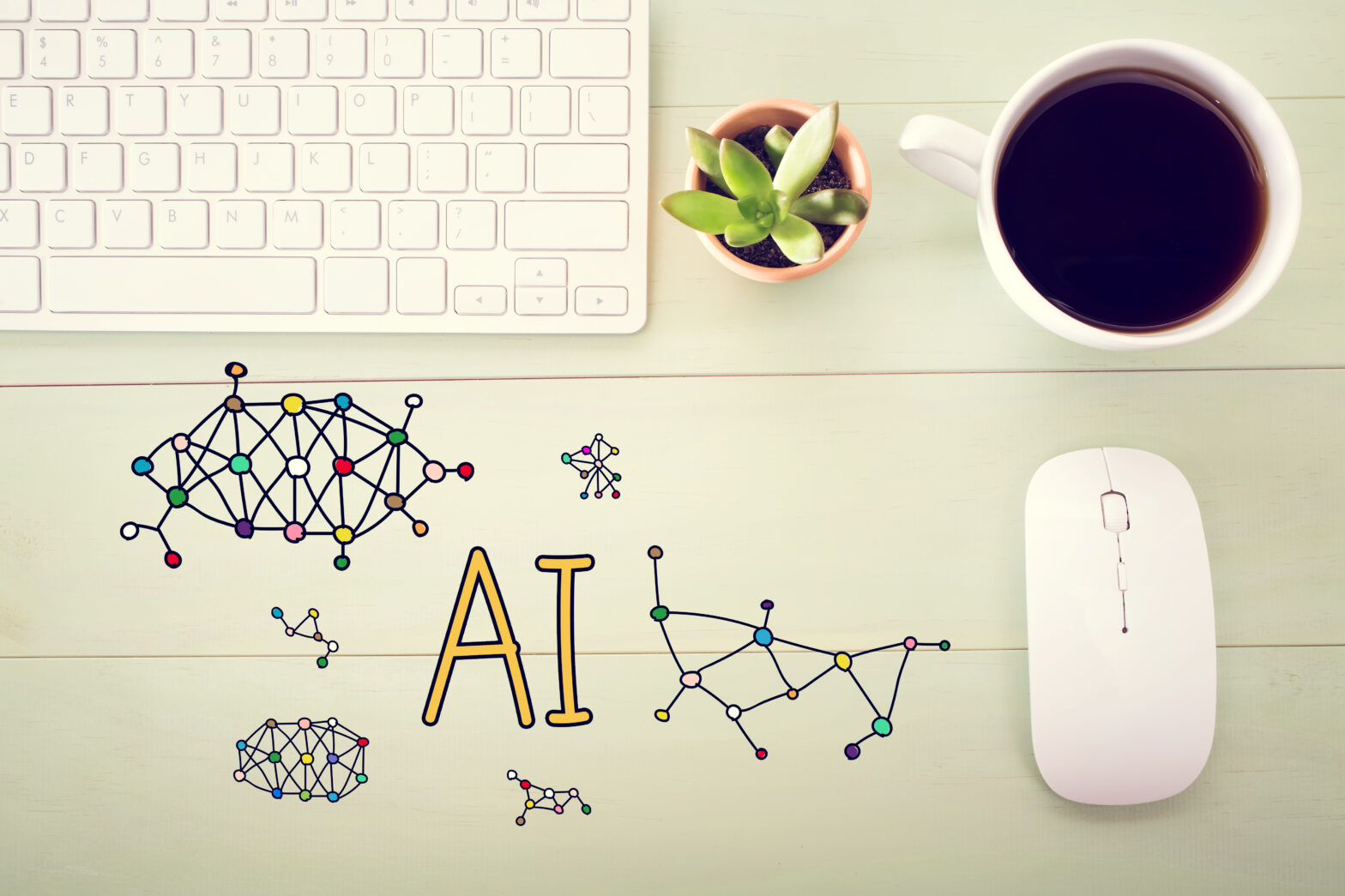In 2017, Artificial Intelligence (AI) has been the business technology generating the most buzz, expectation and hype. It is also spawning many doom-laden predictions, e.g. it could be society’s last big invention, bringing about the end of jobs as we know them in industries such as financial services. The truth is that we are at a very early stage in the evolution of AI and its disruptive technology cousins: cloud computing, the Internet of Things, blockchain, hyperconnectivity.
No one knows for sure the likely scale of activity automation and job losses or conversely the amount of opportunities that AI create.
Let’s examine how AI could impact financial services and enable new Fintech ventures – particularly in regard to robo-investment and chatbots.
Part of the reason that AI adoption is accelerating is that major “cloud services” providers such as Amazon, Google and Salesforce, are making relatively low cost AI services available to firms of every size. This enables customers to apply sophisticated AI tools to the manipulation of very large datasets This “AI as a Service” model is begetting a number of startups – especially in the Fintech space. The overall effect is to raise the capability, reach and competitiveness for all small- and medium-sized businesses.
The financial sector examples below should help illustrate which particular jobs, or tasks, AI can or will handle easily and highlight opportunities for humans freed from those tasks
Robo-investment
The investment sector is anticipating widespread replacement of humans by bots and algorithms. Recently we’ve seen Blackrock – the world’s largest asset manager – announce that 50% of its human fund managers are underperforming the market trackers and is undertaking a program of replacing them with AI-based algorithms. A range of AI fund management tools have come to market recently. For example, numerai is a crowdsourced investment tools (over 7,000 data scientists contributing to its development).
In future it’s possible that AI investment tools will predict interest rates, currency movements and other economic indicators. For example, the advisory firm PwC has developed an algorithm with a 92% accuracy in predicting national GDP. The rapid automation of finance means that analysts, traders, brokers, advisors, and even personal bankers could at least partially be replaced by technology.
But it is short-sighted to just think of job losses. Most current AI based tools are learning their craft from humans, so people will still be needed to deal with new situations. We think the technology frees people up from the ‘dishwashing’, routine and mundane tasks to focus on more creative challenges: customer engagement, designing new products and services, and doing genuinely game changing thinking.
New players entering the Fintech scene have the blessing of zero legacy. They can start by focusing on their end-customers and designing solutions entirely tailored to their needs. An example is Monzo, a constantly evolving personal finance app built around the way some sectors of society now lead their lives. In such cases, understanding potential customers, co-creating the solution concepts, prototyping and ultimately building and refining the resulting services are tasks which humans are still better suited to than AI software.
Also startups have to build alliances, raise finance, market themselves, develop social media buzz, prove their capabilities to would-be partners and customers -in a relationship-driven world, these are all roles where humans still have the edge.
Chatbots
Already banks such as Royal Bank of Scotland, Swedbank, Bank of America, and Capital One are using customer-facing bots to take a request, answer simple questions and perform basic tasks via mobile devices, Facebook and other platforms like Amazon Alexa. These offerings are extending in scope and functionality. For example, messaging app Kik is releasing its own cryptocurrency tokens as a digital currency similar to Bitcoin for use within its platform this can be spent in interactions with a chatbot to buy services and products on Kik.
In the future, users could also engage in peer-to-peer commerce using Kin. Such apps suggest that routine banking roles eg tellers, could be considered ripe for automation or elimination.
So what new roles might emerge? Rather than viewing the human-staffed bank as doomed, it might be more inspiring to think of it as a future messaging app or social media site. So, rather than fire entire labor pools and replace them with robots, banks could flip the model, and make branches experience and learning centres where staff facilitate conversations to help customers solve problems together, connect with each other and design new products.
They could transition veteran workers into roles focused on development of meaningful experiences to touch on the day-to-day lives of customers – helping them learn how to use tools such as new Fintech applications, messaging apps like Kik and social media platforms like Facebook.
Some displaced workers might find alternative livelihoods working for the Fintechs or participating in projects such as Kin. For example, current uses of Kin include tipping others for making outstandingly good posts or shares on the platform—humour, for example, is rewarded. This might be the kind of activity that could replace a “job” in the future; with income gained via performance on social media or in virtual communities of some kind, paid in cryptocurrency.
The post-job future
Companies that simply slash workforces in the name of efficiency without exploring the bigger picture could be throwing out the baby with the bathwater. The risk is that entirely automated organisations will become undifferentiated and commoditised without human ingenuity to drive constant innovation.
As we said at the start, predicting the impact of AI is nigh on impossible at this early stage. That AI will impart both creative and destructive effects is a fact of the coming technology revolution. The key is to start acting now to train ourselves and employees with new skills and start creating the new more customer oriented and creative roles in anticipation of relatively rapid changes.
Rohit Talwar, Steve Wells and Alexandra Whittington are from Fast Future





